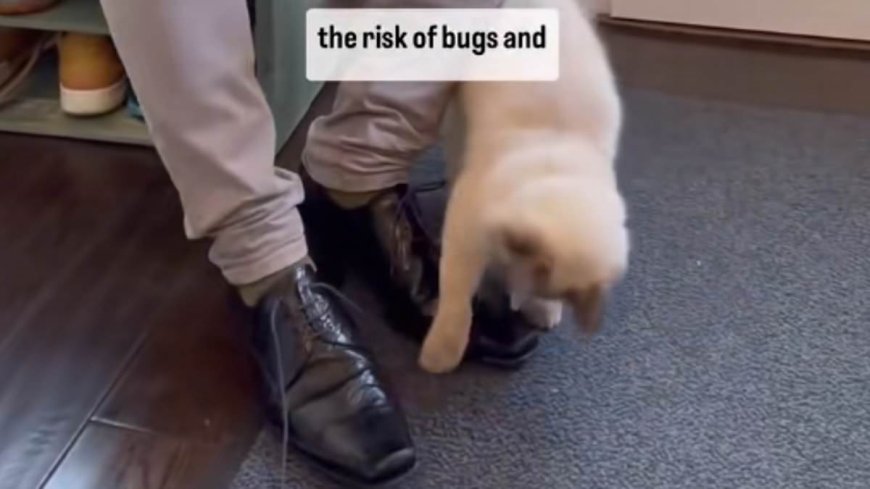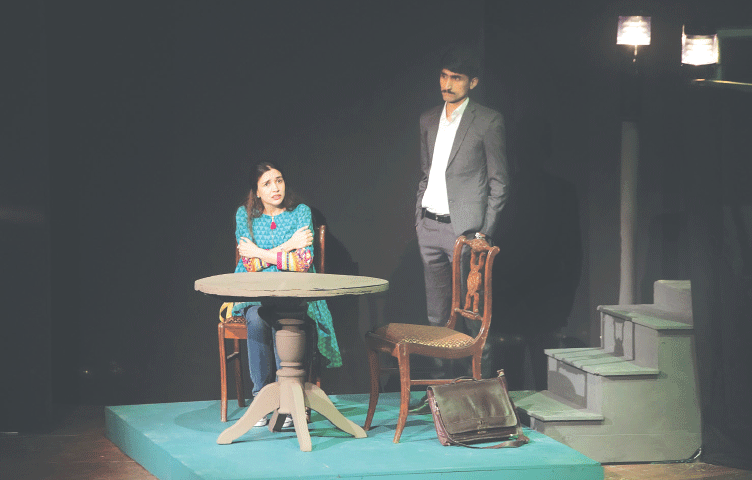Warning: Not Taking Off Shoes at Home Could Lead to Deadly Infections, Says Top Doctor
Top GP Dr. Amir Khan warns that wearing shoes indoors can introduce harmful bacteria like E.coli, leading to serious infections. Shoes can carry pesticides, pollen, and mold, posing risks to health. Recent data shows a significant rise in E.coli cases, particularly affecting children. Experts also caution about the dangers of artificial grass harboring bacteria like salmonella. Following proper hygiene practices is crucial to prevent food poisoning and maintain a healthy home environment.

Not taking your shoes off when you enter the house can bring in harmful chemicals and potentially deadly bacteria like E-coli, a leading GP has warned. E.coli, which can cause food poisoning, is the UK's most common cause of urinary tract and bloodstream infections, which can be life-threatening.
In a video posted on TikTok which has amassed over 125,300 views, NHS GP Dr Amir Khan said: 'If you are anything like me you take off your shoes as soon as you get into the house. It's a sign of respect if you are in someone else's house, but also it can reduce the risk of bugs and chemicals being traced around your home.'
According to Dr Khan, while 'not all dirt is bad' as it can help build a healthy immune system, the common mistake can be dangerous. This is because, he explained: 'Shoes can harbour a lot of bacteria' because animals pee and poo outdoors. 'So, things like E.coli which have been linked to stomach infections and urinary tract infections can be brought in through our shoes.'
He added your shoes can also bring 'pollen, dust and mould' into the home—which are all troublesome for those with hay fever or allergies. The doctor added: 'If you've been walking in parks (or) old golf courses, there could be lots of pesticide chemicals on your shoes too. 'Now. in small doses they are not harmful at all, but you don't want them in your house where you are going to be preparing food. 'So, take your shoes off, leave your cat, and put some in door slippers on,' he said, as his cat reached for his shoelaces.
After he posted the video, hundreds of social media users saying they wouldn't let someone into their home unless they take their shoes off. One user commented: 'I hate it when people just walk in with shoes all over my carpet.' Another commented: 'Always and make other people take their shoes off as they enter my home.' In a third comment, a user said: 'No one gets in my house with shoes on. I have an off-white carpet right through the house.'
Most recent figures revealed cases of deadly E.coli food poisoning surged by nearly 80 per cent in a year. Dr Khan warned not taking your shoes when you get home can risk bringing in potentially life-threatening bacteria. The UK Health Security Agency (UKHSA) reported 2,063 confirmed instances of Shiga toxin-producing E. coli (STEC) in 2022, up from 1,151 the year before.
This is one of the most dangerous forms of food-born E.coli, which has been linked to kidney failure, serious blood clotting disorders and colon cancer. Children under five are most at risk, as their immune systems are still developing and their kidneys are more vulnerable to damage from the bacteria's toxins. Many of the cases were linked to four outbreaks traced to contaminated beef, salad leaves and fairy products.
This latest warning comes just days after experts warned artificial grass can become a breeding ground for potentially harmful bacteria in high temperatures. In a report commissioned by Decking Superstore, experts reminded Britons that their artificial grass 'doesn't clean itself'. The report continued: 'Artificial grass can trap pet urine and faecal bacteria, if not rinsed and sanitised. 'Pet urine doesn't soak into the ground like it would with natural grass - instead it lingers on the surface or underneath, especially if left untreated. 'That build-up can release harmful vapours and bacteria.'
According to previous research, people with artificial grass have been exposed to E.coli and salmonella—another nasty strain of bacteria which can cause food poisoning. Just last month, health officials warned the number of people infected with salmonella soared by almost a fifth in a single year in 2024 to over 10,000 cases. The figure, released by the UK Health Security Agency, is the highest recorded in a decade with only some 8,000 cases recorded in 2015.
In response to the surge in cases, health officials reminded businesses and households of the importance of following food safety measures. These include keeping food adequately chilled, cooking food to an appropriate temperature, ensuring food preparation surfaces like chopping boards are kept clean, and avoiding cross contamination between items like raw meat and vegetables. As salmonella is often caught by eating raw or undercooked meat, so officials advised people follow the time and temperature instructions on product labels.
According to the source: Daily Mail.
What's Your Reaction?
 Like
0
Like
0
 Dislike
0
Dislike
0
 Love
0
Love
0
 Funny
0
Funny
0
 Angry
0
Angry
0
 Sad
0
Sad
0
 Wow
0
Wow
0










































































































































































